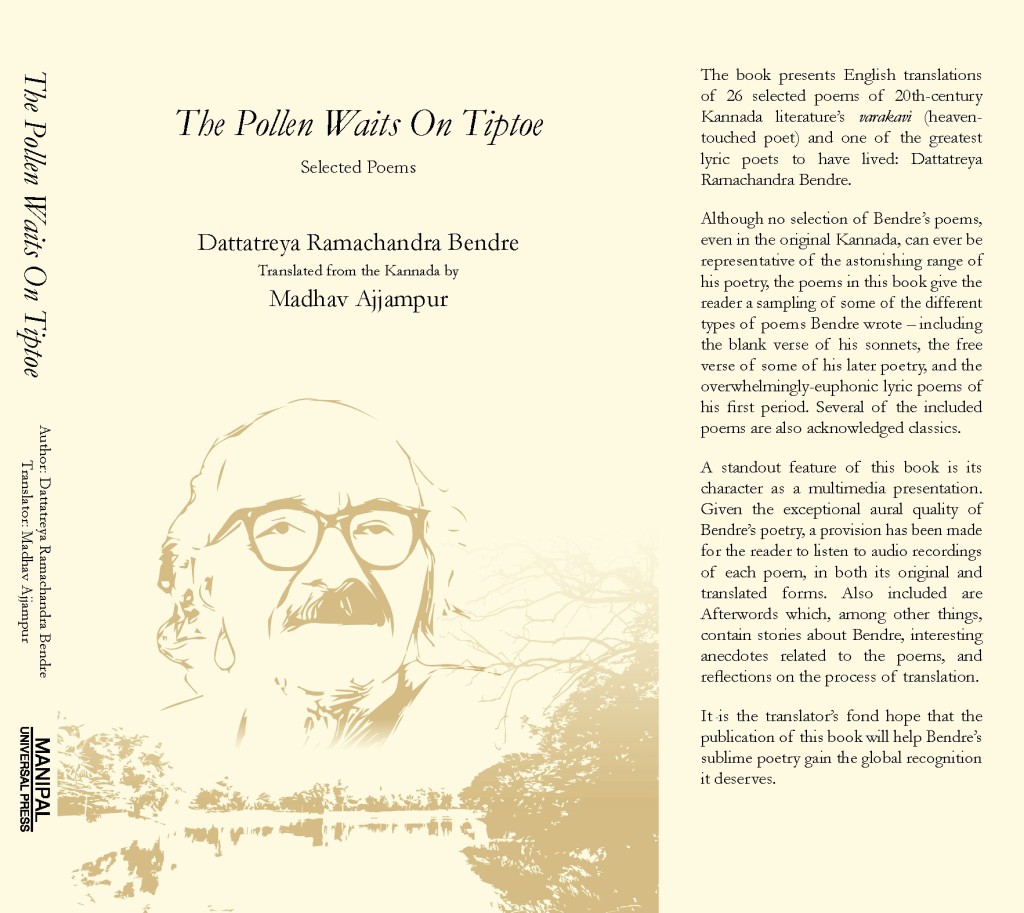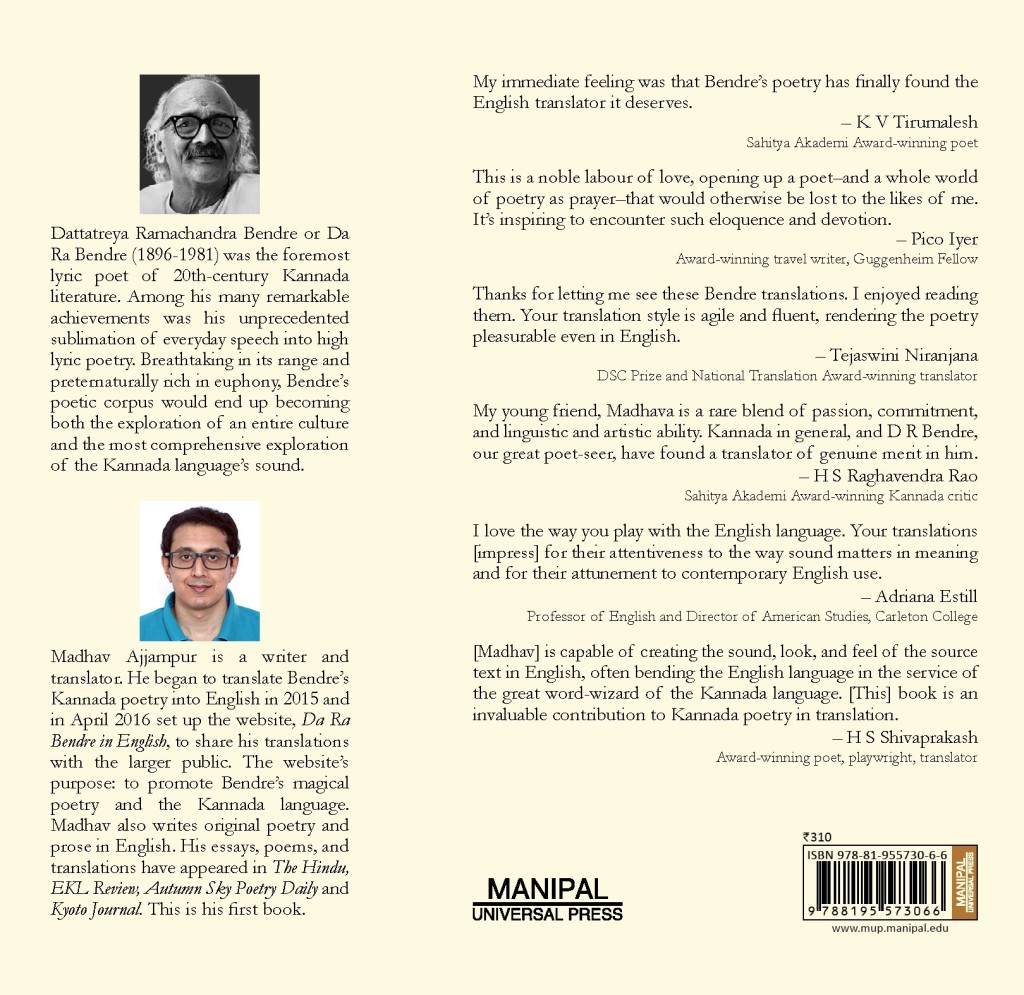NOTE: If you reading this on your phone, do hold it horizontally to ensure the line lengths aren’t compromised. Better still, read it on a tablet or a computer.
Almost two years have passed since Covid upended all our lives. However, it’s spanned three (calendar) years – 2020, 2021, and 2022. Here are three poems I’ve written about what may be the world’s first true pandemic. Incidentally, each one was written in a different calendar year. Beneath each poem, I have mentioned the approx. date it was written on and the circumstance that prompted me to write it.
1. For These (Covid) Times
This afternoon, a well-wisher and a friend
asked for a poem for these ‘covid times’.
I was flattered by her faith and said I’d try,
but, really, what she’d said was as good
as asking me to not think of an elephant.
So as I walked briskly though the evening light,
my mind began to formulate a poem.
With my taste being both rhythm and rhyme,
the poem’s opening was metred;
end-rhyme is not easily unfacile
but a rhythm’s a lot easier to find.
Six lines into my thought-poem (that I
meant to write after my walk was done),
it struck me that corona’s devastation
was without both rhyme and reason;
and how its contribution, as it were,
was to upsetting the whole world’s rhythm.
‘Poetry must disrupt’ is a worthy slogan
(often used unworthily by poets
whose poetry’s their only disruption),
that at its best can be a way to see
what we only ever look at mindlessly.
But how can poetry (itself) deal with a dis-
ruption, what can it say and do to remain
relevant? What must it lose what must it gain
for what it says to outlive the sayer?
Think –
if corona had to take a poem’s form,
what would it be?
would every comma in the poem mean ‘tested positive’,
a semicolon spell seriousness;
and a full stop take the place of death.
The lockdown’s done, people are free (if masked)
and the road no longer stretches on, lonely.
I followed the news when it first raged but
now I cannot say I really care; I’m comfortable –
I have a house, food, water, snacks, a mask, a stiff-backed chair.
I know no one that covid’s killed – it’s like that
man-eating tiger you read about that’s killed someone
who knew someone (who knows someone) you know.
The direness of poverty’s
a paper-pic, a facebook-post, last evening’s news –
something you’d like to prick at you
but that you know you will forget.
Privilege and death are kindred –
either you or a close relative must be involved
for you to know it.
Ten days into the lockdown my ajji died,
what took her was not the virus but time; inexorable.
At 93 years old, it’s hard to say she wasn’t due –
though the suddenness of her passing came as a blow.
(The doctor who came home was a leech. Not a bad man –
but greedy for the money he could strip
without damage to both your dignities.)
The rites, the rituals, the mantras were performed;
the rhythm of the chants remained
but several other rhythms failed –
the crowd that gathers to mourn
an elder’s passing could not obtain; tradition,
prepared for this, said six months later would not be late.
(On the obverse side, marriages were infected too.)
Last year this time, I ran and walked the Institute;
my childhood place, my stomping grounds, my grace.
The gulmohar flowers are now upon a different tree –
the Institute is temporarily closed to me.
But the flowers’ happy red remains – reminding me
not everything can be locked down;
life’s disruption has it limits too –
even the best dictators can control
just other men and their families.
Exaggeration’s the old game’s name,
but its shelf life too is limited.
2020 may go down as ‘corona year’
but 2021 will have a different theme,
vaccine or no vaccine;
the simple truth’s that death is such
a part of life, it can distress only so much.
Remember Yudhishṭira’s answer to the yaksha –
the most wonderful thing in the world is this:
‘that a man can see men die all around
yet think that he’s beyond it.’
(Written on June 18-19, 2020, a little while after the first lockdown had ended and restrictions had been relaxed. The well-wisher I mention at the poem’s beginning is Aruna. Without her prompting, it is unlikely this poem would have been written at all. I later revised the poem a fair bit on August 20, 2020.)
*****
2. Covid – Reprise (2021)
This lockdown’s lifted me up closer to
the sun; I no longer walk half-empty
roads and come home with some flowers for ma.
I stride, instead, upon the terrace stone,
the evening sun treks up my bare brown hands;
across, a boy grows fat on photographs.
The “second wave” they say; I’ve walked into
the sea and had the waves wash over me –
then watched them break upon the shore.
But covid’s second’s been a wave of grief –
rising – stumbling – tumbling, it’s broken on
the shore of life, the wet it’s left’s the wet of tears.
The gulmohar’s flowers are red again outside;
this time they do not seem like happiness.
(Written on June 12, 2021, almost exactly a year since the first poem and towards the end of the quite-deadly ‘second wave’ that began around late March, 2021. Again, it was an acquaintance I’d shared the first poem with who wondered if I’d considered writing a ‘sequel’ poem, in light of the devastation the second wave had wreaked. By the time I wrote this, I too had ‘first-hand’ experience, with at least two people I’d known well – a relative and a friend’s mother – having died from (what was alleged to be) covid. And I was hardly the only one. Naturally then, I considered writing another longish poem that incorporated these events…events that, in some ways, made the first poem seem a lot less “prescient” than it might have been when I wrote it. I think though that I felt there like there was too much to say…and ended up writing a sonnet instead.)
*****
3. Corona & Curfew – Twenty Twenty Two
It’s hard to stay afraid indefinitely;
especially when, looking round and thinking
for yourself, you fail to see what’s dangerous.
It’s not like being on a makeshift raft at sea,
jostled above the waters vast, aware fully
that deadly creatures swim beneath your feet;
it feels, instead, like being on a nearby street;
around you mills humdrum humanity.
It’s Jan again in Bangalore – the rain is gone;
the sky is blue, some trees are green, some flowery;
the sunlight’s calling like a therapy.
Corona, though, is off again; playing,
like a maestro, its variations on a theme.
In thrall to it, the world-mind’s stuck in loop;
testing – vaccines – protests – lockdown – curfew.
But you are sick (though not to death) of this,
this virus-string whose strains keep playing on;
for all you’d like to do after two torrid years
is wallow, bison-like, within the sunshine’s warmth,
forgetting about both delta and omicron;
stupid tags for a virus of Chinese origin.
And now the evening sky is filled with chirping sounds,
the orange sun falls slowly towards the horizon –
you love how you can look upon on its brilliant glow;
and though the curfewed streets are pleasant silently,
your mind goes to the bustle that it knew so well,
a bustle that boosted spirits like an arm-prick never will.
(Written between January 12-14, 2022, not long after the announcement that a “weekend curfew” would once again be implemented in Bengaluru. Having gone to watch a play and catch up with some friends on January 1 and looking forward to more such meetings in the new year, I reckon the frustration that the authorities had once again decided to let covid dictate our lives was what prompted me to write this. However, with the omicron strain spreading through the populace with the speed of a common cold – and, thankfully, with much less deadliness than the delta strain – I sincerely hope we are finally ready to “live with covid”…and that I will not be required to add another poem to the trilogy.)




